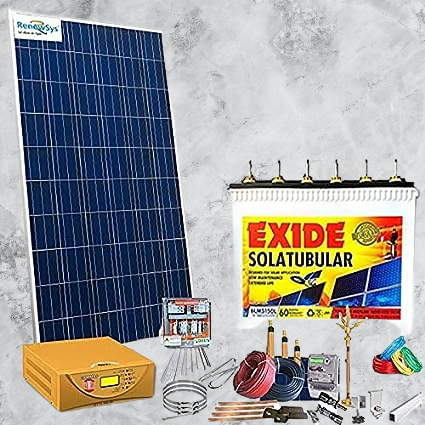US utility kicks off floating solar plant- solarloom
That's great to hear! Floating solar plants, also known as floating photovoltaic (PV) systems or floatovoltaics, are a fascinating and innovative approach to harnessing solar energy. They involve installing solar panels on floating platforms, typically on bodies of water such as reservoirs, lakes, or even the ocean.
By utilizing water surfaces, floating solar plants offer several advantages over traditional land-based solar installations. Some of these advantages include:
Land Conservation: Floating solar plants utilize underutilized water bodies, reducing the need for land acquisition and allowing for dual land use.
Increased Efficiency: The water's cooling effect helps to improve the overall efficiency of the solar panels. The cooler environment helps reduce the risk of overheating and improves the conversion of sunlight into electricity.
Reduced Water Evaporation: By covering the water surface, floating solar plants help reduce evaporation, which can be particularly beneficial for reservoirs and lakes in water-scarce regions.
Enhanced Energy Generation: The reflection of sunlight off the water can increase the amount of sunlight reaching the solar panels, potentially boosting energy generation.
Water Quality Preservation: The floating platforms can provide shading, reducing algae growth and helping to maintain water quality.
It's important to note that without further information,



%20(31).jpg)
Comments
Post a Comment